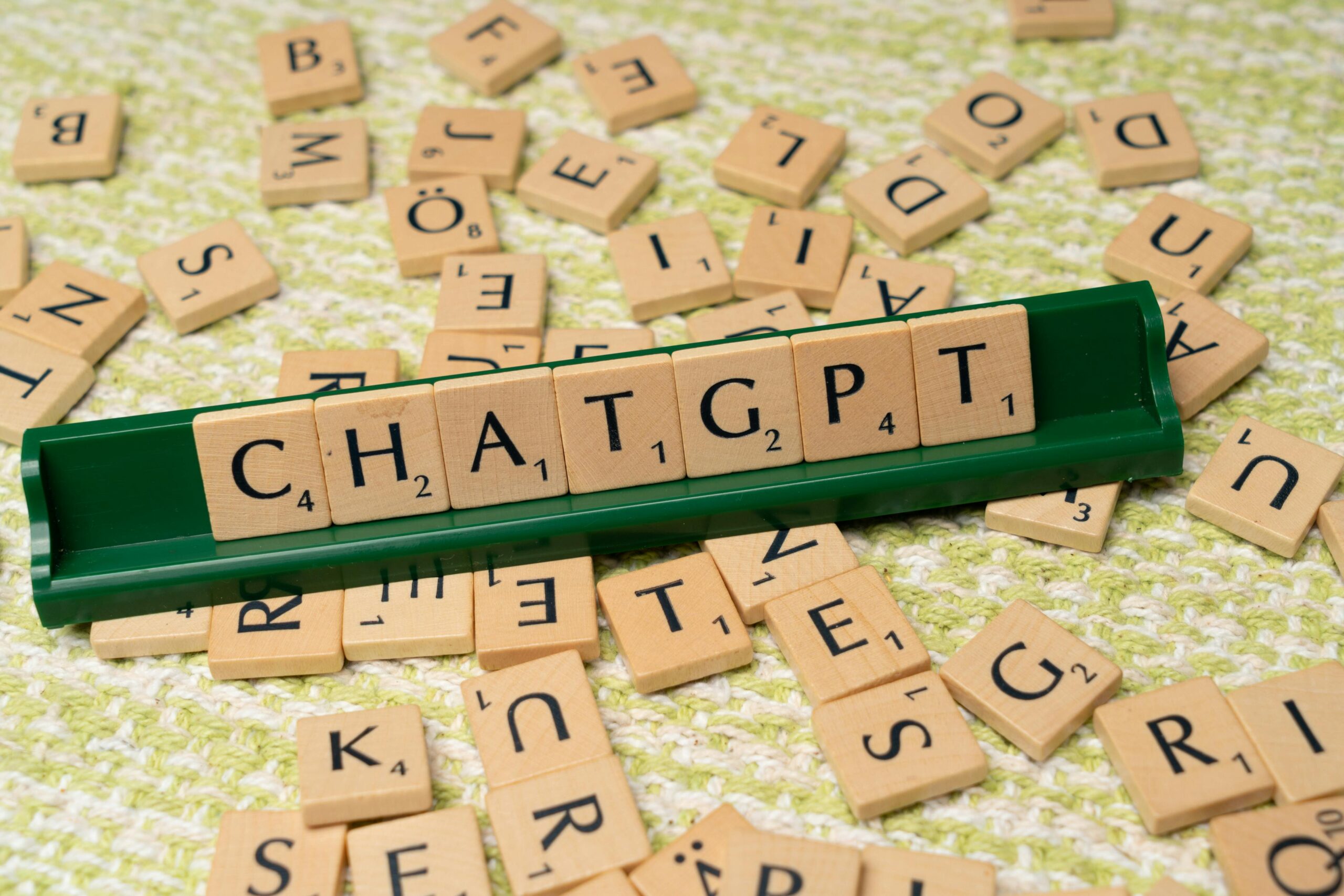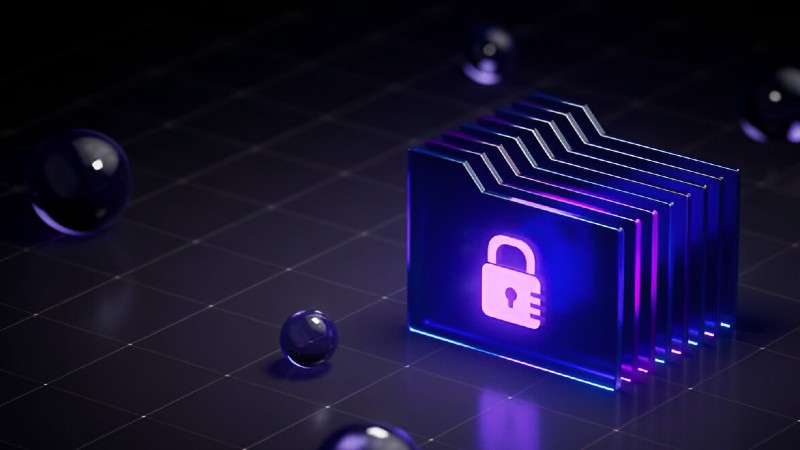Introduction
As the use of AI tools like ChatGPT becomes more widespread, ensuring the security and privacy of your login information is crucial. Protecting your account from unauthorized access not only safeguards your personal information but also maintains the integrity of your interactions with ChatGPT. This article outlines the best practices for securing your ChatGPT login to help you stay safe and private while using this powerful AI tool.
- Use a Strong and Unique Password
Creating a Robust Password:
Length and Complexity: Ensure your password is at least 12 characters long and includes a mix of uppercase and lowercase letters, numbers, and special characters.
Avoid Common Phrases: Don’t use easily guessable information such as names, birthdays, or common words.
Unique Passwords: Avoid reusing passwords across multiple sites. Each account should have a distinct password to prevent a single breach from compromising multiple accounts.
Using a Password Manager:
Storage and Generation: Consider using a password manager to generate and store complex passwords. This ensures you don’t have to remember each one, and you can easily create strong passwords without the hassle.
- Enable Two-Factor Authentication (2FA)
Adding an Extra Layer of Security:
Setup 2FA: Enable two-factor authentication for your Chat GPT login account. This typically involves receiving a code on your mobile device that you must enter in addition to your password.
Methods: Choose from various 2FA methods, such as SMS, email, or authenticator apps, to add an extra layer of security.
Regular Updates:
Keep Information Current: Ensure your contact information is up-to-date to avoid any issues with receiving your 2FA codes.
- Monitor Account Activity
Regular Checks:
Account Dashboard: Regularly check your account activity for any suspicious logins or changes. Most platforms offer a log of recent activity that you can review.
Alerts: Enable email or SMS alerts for account activity to stay informed about any unauthorized access attempts.
Immediate Actions:
Suspicious Activity: If you notice any suspicious activity, change your password immediately and review your security settings. Contact ChatGPT support if necessary.
- Be Wary of Phishing Attempts
Recognizing Phishing:
Email and Messages: Be cautious of emails or messages asking for your login information. Official communications from ChatGPT will never request your password via email.
Links: Avoid clicking on suspicious links. Instead, navigate directly to the ChatGPT site by typing the URL into your browser.
Protective Measures:
Browser Security: Use browser security features to detect and warn against potential phishing sites.
Email Filters: Employ email filters to reduce the risk of phishing emails reaching your inbox.
- Secure Your Devices
Keeping Devices Safe:
Updates: Regularly update your operating system and software to protect against security vulnerabilities.
Antivirus Software: Use reputable antivirus software to detect and prevent malware infections.
Physical Security:
Device Locks: Always lock your devices when not in use to prevent unauthorized access.
Lost Devices: If a device used to access ChatGPT is lost or stolen, change your account password immediately.
Conclusion
Securing your Chat GPT.login is essential to protect your personal information and ensure a safe user experience. By following these best practices—using a strong and unique password, enabling two-factor authentication, monitoring account activity, being cautious of phishing attempts, and securing your devices—you can significantly reduce the risk of unauthorized access and maintain your privacy. Stay vigilant and proactive to enjoy the full benefits of ChatGPT safely and securely.



